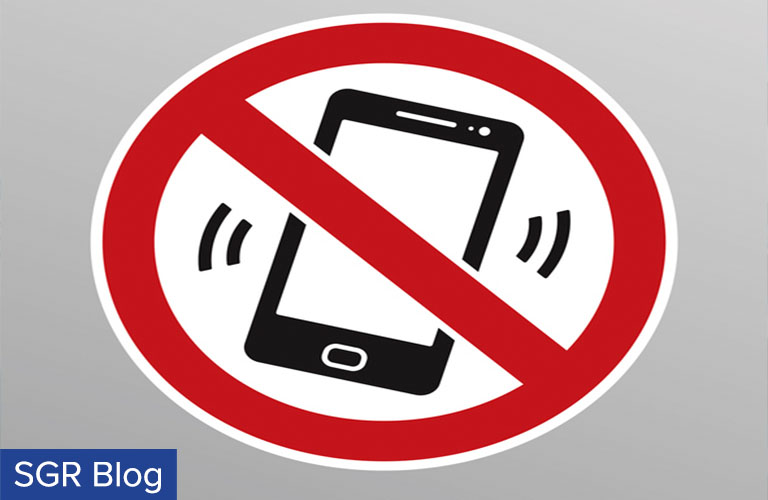
Authored By: Marcia M. Ernst
While the National Labor Relations Board (“NLRB”) previously upheld an employer policy that prohibited employee phone use at work for safety and security reasons[1], the Federal Communications Commission (“FCC”) recently upheld a fine against an employer for using a signal jamming device to prevent employees from using their phones at work.[2]
Signal jammers, which overpower, block, or interfere with authorized radio frequencies and communications, are illegal under the federal Communications Act of 1934, as amended (“Act”)[3], with only a few exceptions recognized for use by the government. Jammers present a direct danger to public safety by preventing individuals from making 911 or other emergency calls, interfering with the communications of first responders, and disrupting aviation and marine safety communications.
The Act prohibits the use or operation of “any apparatus for the transmission of energy or communications or signals by radio” within the United States unless such use is licensed or authorized.[4] Under the Act, “[n]o person shall willfully or maliciously interfere with or cause interference to any radio communications of any station licensed or authorized by or under this chapter or operated by the United States Government.”[5]
Additionally, the Act provides that “[n]o person shall manufacture, import, sell, offer for sale, or ship devices or home electronic equipment or systems, or use devices, which fail to comply with regulations promulgated pursuant to this section.”[6] Such regulations provide that radio frequency devices must be authorized by the FCC before operation.[7]
Accordingly, jamming devices cannot be certified or authorized because their primary purpose is to block or interfere with authorized radio communications. Their use would compromise the integrity of the nation’s communications infrastructure. Therefore, jamming devices cannot comply with the FCC’s technical standards and cannot be operated lawfully in the United States.
In the matter at hand, the FCC Enforcement Bureau investigated a Texas warehouse business for use of a signal jammer after it received a complaint of interference from AT&T. The business owner admitted to using a signal jammer to prevent its employees from using their mobile phones while at work. According to the FCC, the business owner admitted that her son had been warned by an AT&T representative that jammers were illegal. Also according to the FCC, the business owner told the FCC agent that she had disposed of the jamming device and wasn’t willing to retrieve it for the agent or identify where it was, but she did, however, offer to sell the device to the FCC agent, who refused.
The FCC Enforcement Bureau issued a $22,000 file, consisting of a $10,000 fine for operation without an instrument of authorization, a $7,000 fine for causing interference to authorized communications, and a $5,000 fine for egregious conduct. After the business appealed the fine to the full commission, on January 27, 2022, the FCC issued an order upholding the $22,000 fine.
[1] Cott Beverages Inc., 369 NLRB No. 82 (2020).
[2] In the Matter of Ravi’s Import Warehouse, Inc., Dallas Texas, FCC 22-10 (2022).
[3] 47 U.S.C. § 151 et seq.
[4] Id. at § 301.
[5] Id. at § 333.
[6] Id. at § 302a(b) (Emphasis added).
[7] See 47 CFR §§ 2.805, 15.1(c).

